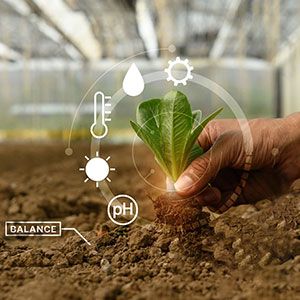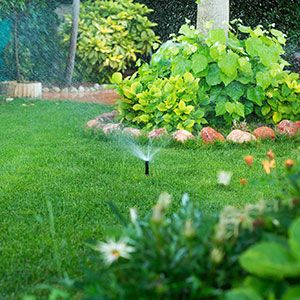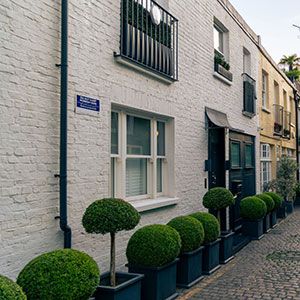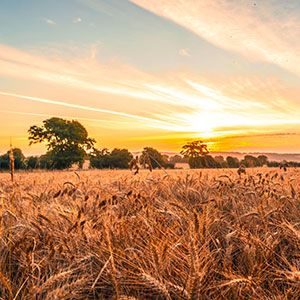Moisture Sensor
WIFI Soil Moisture Sensor with Temperature, IP66
Solar Powered Soil Moisture Sensor, 0~100%RH
3 in 1 Plant Soil Moisture Sensor, Temp/ Illuminance
Smart Soil Moisture Sensor with APP Control
Digital Soil Moisture Sensor, Temperature/pH
TDR Soil Moisture Sensor, RS485 Output
Soil Moisture Sensor for Garden, WiFi/Bluetooth
Soil Moisture Temperature Sensor, Salts/N-P-K/pH
FDR Soil Moisture Sensor, ±3%/±2%
Handheld Speedy Soil Moisture Sensor with Digital Display
Tensiometer Soil Moisture Sensor, 4-20mA/RS485
Multi Depth Soil Moisture Sensor for Agriculture, 3/5 Layers
Capacitive Soil Moisture Sensor, V2.0
Outdoor Soil Moisture Temperature Sensor with Smart Gateway
In modern agriculture, environmental monitoring, and smart irrigation, moisture sensors are playing an increasingly important role. Especially in the context of global water scarcity and agricultural transformation, accurately measuring moisture content in soil or air has become a key means of improving production efficiency, conserving resources, and protecting the environment.
Moisture sensors are essential tools for achieving this goal. They not only provide real-time moisture data but can also integrate with automated systems, pump stations, sprinkler equipment, or data platforms to enable intelligent control and management. Among numerous moisture sensor manufacturers, SUCH stands out for its high sensitivity, stability, and diverse interface solutions, offering high-quality moisture measurement solutions tailored to various industries.
Principle of Moisture Sensors
The basic principle of moisture sensors is based on detecting the impact of moisture on electrical properties. While different types of moisture sensors may have slight variations in their operating principles, the fundamental approach is to convert the moisture content in the measured medium (such as soil, wood, or air) into an identifiable electrical signal.
Taking resistive moistur sensors as an example, the principle is that the higher the moisture content, the greater the electrical conductivity of the medium, resulting in lower resistance. Capacitive sensors, on the other hand, estimate moisture content by detecting changes in the medium's dielectric constant, as water has a significantly higher dielectric constant than other substances, causing the capacitance value to change markedly with increasing moisture content. These principles are converted into analog or digital signals through processing circuits and transmitted to controllers, display terminals, or data platforms to enable real-time feedback and remote monitoring.
Classification of Moisture Sensors
Based on measurement principles and application environments, moisture sensors can be broadly categorized into resistive, capacitive, frequency domain reflectometry (FDR), and time domain reflectometry (TDR) types.
- Resistive moistur sensors have a simple structure and are suitable for applications such as home gardening and educational experiments where high precision is not required.
- Capacitive moistur sensors, with their strong interference resistance and fast response, are widely used in systems requiring stable operation, such as greenhouse cultivation and precision agriculture.
- FDR and TDR moistur sensors are primarily used in high-end applications such as research and environmental monitoring, offering higher precision and stronger data analysis capabilities.
The moisture sensors available on the SUCH website cover these mainstream types and support multiple output formats (such as 0-5V, 4-20mA, RS485 Modbus, etc.), enabling seamless integration with PLCs, IoT platforms, and agricultural automation systems.
Applications of Moisture Sensors
Moisture sensors have extremely broad application scenarios. In agriculture, sensors can precisely monitor soil moisture at the root zone level, helping farmers determine whether irrigation is needed, thereby conserving water resources and increasing crop yields. In greenhouse control systems, they can integrate with automatic irrigation equipment to maintain optimal air and soil humidity, creating an ideal environment for plant growth. Urban horticulture and lawn management also frequently utilize such sensors for intelligent irrigation, enhancing landscaping efficiency. In the construction industry, portable moisture sensors are used to detect moisture content in certain types of wood or walls to prevent corrosion or structural damage caused by moisture. Additionally, research institutions employ TDR sensors for long-term monitoring of moisture changes in various soil types and climatic conditions, providing data support for ecological research.

Greenhouse Control

Lawn Management

Urban Horticulture

Agricultural Field
When selecting moisture sensors, factors such as application scenarios, measurement objects, installation environments, and system interfaces should be comprehensively considered. For example, soil moisture monitoring should use buried probes with waterproof and corrosion-resistant capabilities. Wood measurement typically employs handheld or probe-type devices. In terms of signal output, if integration with PLCs or remote monitoring systems is required, sensors with RS-485 Modbus protocol are recommended for data collection and remote communication.
The moisture sensors provided by SUCH not only offer a wide range of types but also come standard with high-protection housings, low-power designs, and high-precision probes, making them widely applicable in various environments such as agricultural field cultivation, automatic irrigation, and laboratory testing. We also support OEM customization services, providing users with stable and reliable solutions.
As a critical component of intelligent monitoring systems, moisture sensors continue to evolve in both technology and application depth, providing robust support for agricultural modernization, urban management, environmental protection, and other fields. Selecting an appropriate moisture sensor not only enhances resource utilization efficiency but also lays the foundation for data-driven intelligent decision-making.



















































